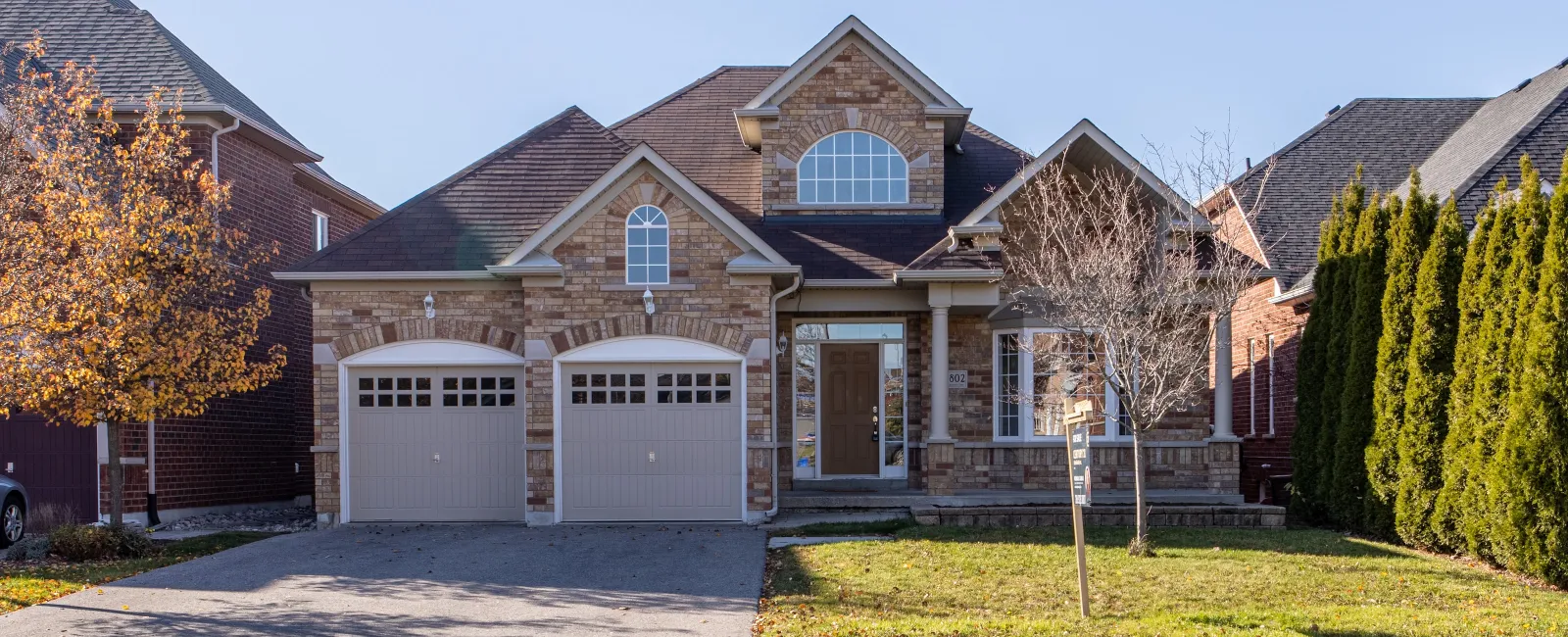Homes are not just havens where we nurture our families and build memories but also significant financial commitments. One way to make homeownership more accessible is to extend the loan period, an option available with a 40-year mortgage.
Is It Possible to Obtain a 40-Year Mortgage
The straightforward answer is yes. Some lenders indeed offer the option of a 40-year mortgage. But before delving into its particulars, it's crucial to grasp its basic concept.
Defining a 40-Year Mortgage Essentially, a 40-year mortgage is a home loan where, given all payments are made as planned without any additional or larger payments towards the principal, it would take four decades to pay off the property fully. Mortgages traditionally range from 8 to 30 years in duration.
Occasionally, 40-year mortgages might incorporate additional features. For instance, some might include an interest-only period for a specified duration at the loan's onset before transitioning to principal-plus-interest payments for the remainder of the term.
How Does a 40-Year Mortgage Operate
This type of home loan could either be a fixed-rate mortgage, where your monthly mortgage payment remains the same (excluding property taxes and homeowners insurance), or an adjustable-rate mortgage (ARM). In an ARM, the interest rate is typically lower than a standard fixed-rate mortgage for several years at the loan's beginning. After that period, the rate may adjust based on an index and margin.
Moreover, a 40-year mortgage could be refinanced into another term later.
For many, the allure of a 40-year mortgage lies in the extended repayment time, which results in lower monthly payments. Depending on your lender, you might also qualify for a lower initial down payment.
Pros of a 40-Year Mortgage
Lower Monthly Payments: Since the repayment period is spread out over 40 years, the monthly payments for these types of mortgages are generally lower than those for a traditional 30-year or 15-year mortgage.
More Buying Power: The lower monthly payment might allow some homebuyers to qualify for a larger loan amount, thus increasing their buying power in the housing market.
Flexibility: Even though the term of the mortgage is 40 years, homeowners have the option to pay extra towards the principal when they have additional funds, potentially reducing the overall term and interest.
Better Cash Flow Management: With lower monthly payments, homeowners may find it easier to manage their cash flow, especially if they have other high-interest debts to pay.
Potential for Lower Down Payments: Depending on the lender, a 40-year mortgage may qualify for a lower initial down payment.
Cons of a 40-Year Mortgage
Higher Interest Costs: Extending the life of the loan means you'll be paying interest over a longer period, which could significantly increase the total interest paid over the life of the loan.
Slower Equity Building: With lower monthly payments, the rate at which you build equity in your home is slower because a smaller portion of each payment goes towards the principal.
Limited Availability: Not all lenders offer 40-year mortgages, which might limit your options and potentially affect the competitiveness of your loan terms.
Longer Repayment Term: It might seem obvious, but committing to a 40-year mortgage means you'll be in debt for longer. This could impact long-term financial goals and retirement plans.
Possibility of Higher Rates: While not always the case, some lenders might charge a higher interest rate for a 40-year mortgage than a more traditional 30-year mortgage due to the increased risk associated with a longer loan term.
Why are 40-Year Mortgages Non-QM?
The term "QM" refers to a Qualified Mortgage, a category of loans introduced as part of the Dodd-Frank Wall Street Reform and Consumer Protection Act. A Qualified Mortgage must meet specific criteria to ensure borrowers can repay their loans.
One of the criteria is that a Qualified Mortgage must have a term of no more than 30 years. As such, a 40-year mortgage does not qualify as a QM loan because its term exceeds the 30-year limit set by the Consumer Financial Protection Bureau (CFPB), which oversees QM standards.
This regulation protects consumers by not burdening them with unmanageable long-term debt. By capping the term at 30 years, the CFPB aims to balance affordable monthly payments with a manageable overall debt timeline.
Lenders also have incentives to offer QM loans, as these loans provide certain legal protections in the case of borrower default. Consequently, 40-year non-QM loans do not provide these protections to lenders and are thus less commonly offered.
Conclusion
A 40-year mortgage can provide distinct advantages, such as a more manageable monthly payment due to its extended term. This longer repayment duration effectively spreads out your debt, reducing the monthly amount you must pay. Additionally, this type of mortgage offers a degree of flexibility. Depending on your loan's specific conditions, you may initially only be obligated to make interest payments for a designated period.
However, there are also potential drawbacks to consider. Over four decades, you'll inevitably accrue more interest, increasing the total cost of your loan. The process of building equity in your property is also slower due to lower principal payments in the early years. A 40-year mortgage is classified as a non-qualified one so that it might carry higher costs and potentially disadvantageous terms. It's crucial to scrutinize all aspects of such a loan to ensure it aligns with your long-term financial plans and capabilities.
